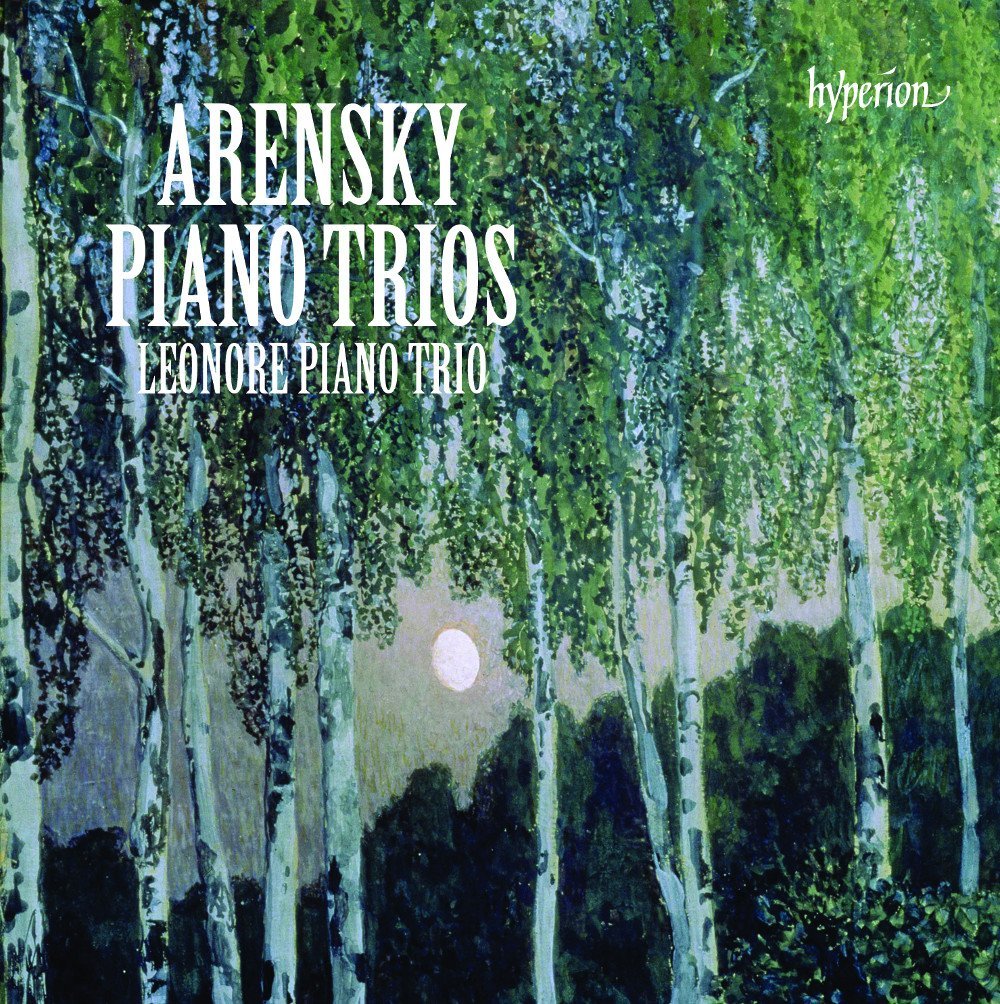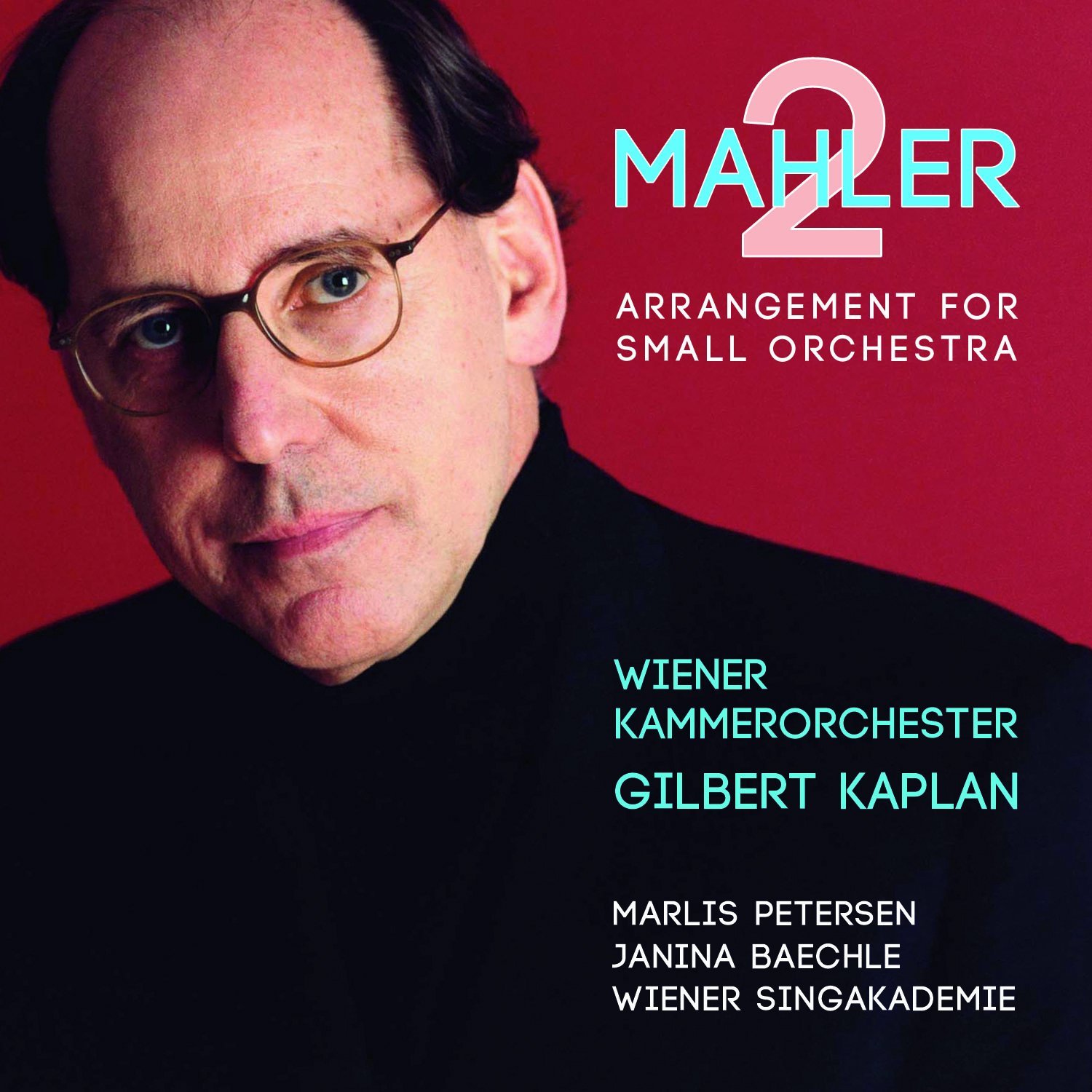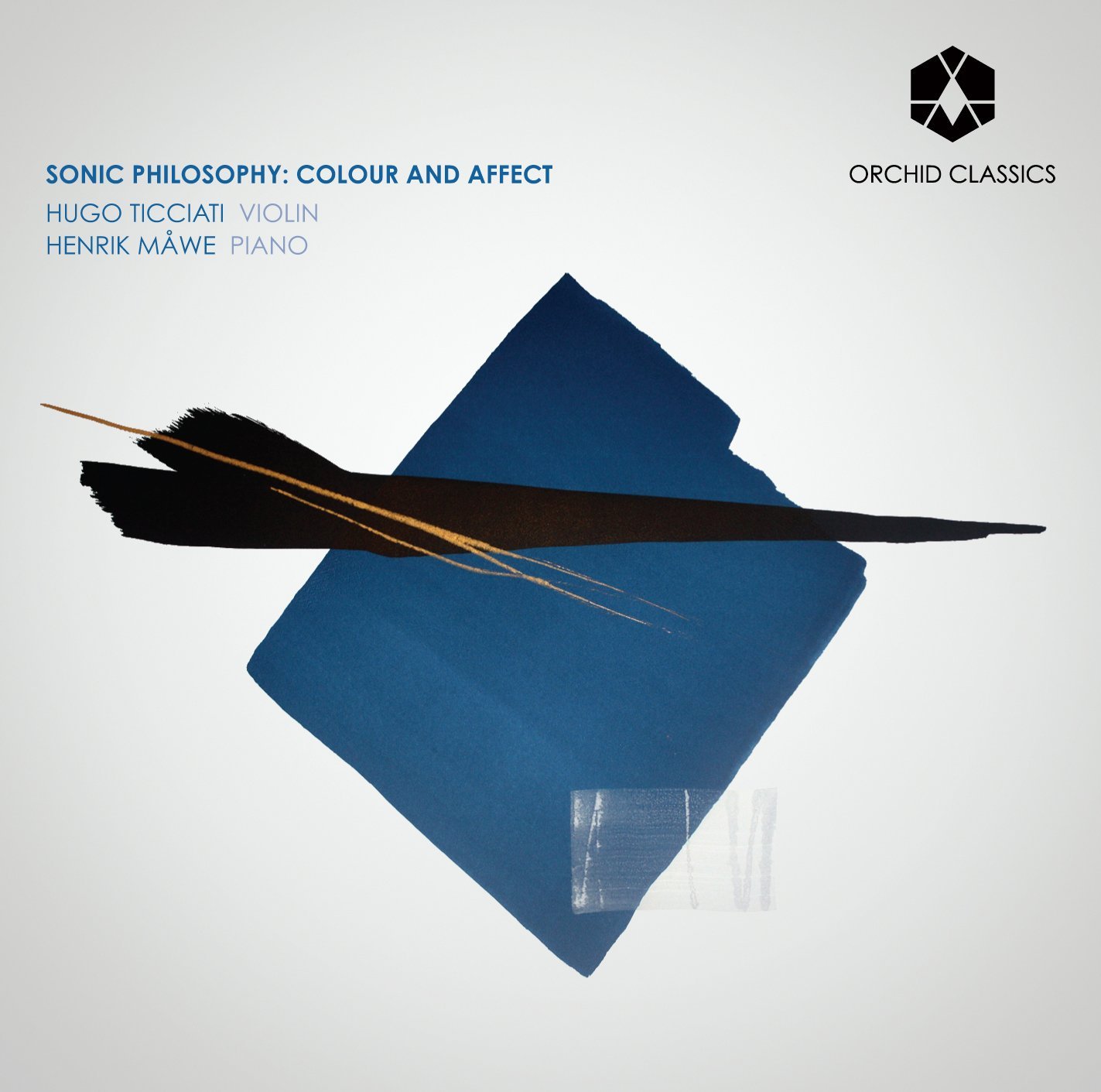
Lesser-known composers are often defined in relation to their better-known contemporaries. Anton Arensky (1861-1906) tends to be associated with his friend and mentor Tchaikovsky. Arensky became a professor at the Moscow Conservatoire at the age of 21, where his pupils included Rachmaninov and Scriabin. He died of tuberculosis in a Finnish sanatorium at the age of 46; alcohol and an addiction to gambling hastening his demise. So you'd be forgiven for expecting a disc coupling his two minor key piano trios to be a bit of a downer. But no. These works are gems; the earlier D minor trio in particular one of those works which it's easy to fall in love with. There are shadows, but always leavened by music of warmth, wit and sensuality. Arensky's music wears its heart on its sleeve, but its sincerity means that you're compelled to listen. It's also very idiomatically scored, the three players always on equal footing. There's a peach of a Scherzo – one of those pieces that can make you laugh out loud, and a dark Adagio oozing melancholy warmth. Arensky's last movement does surprise; the D major conclusion never arrives, the close unexpectedly dour.
Arensky's F minor trio was one of his last works. It's more deftly constructed, and melodically rich. The second movement Romance begins exquisitely, though the tone swiftly darkens. There's another exuberant scherzo, and the finale's variations reach a resigned, calm close. Excellent performances from the Leonore Piano Trio, as satisfying emotionally as they are technically. Beautifully recorded. And, as a bonus, they give us a rather endearing transcription of Rachmaninov's Vocalise.
Gilbert Kaplan and Rob Mathes's new edition of Mahler's Resurrection Symphony is a peculiar beast, but it sounds much better than you might expect. Their novel arrangement is designed to allow chamber and amateur orchestras to access the work. But the forces employed on this disc are still pretty hefty, and presumably the costs of hiring the new parts would offset any savings made from getting extra players. Enough grumbling. You don't notice any textural gaps – there's a lot of wind and brass doubling in Mahler's original, and two or three hardworking players can generally cover all the notes. The leaner orchestral timbre invariably recalls Roger Norrington's lean, vibrato-free approach to Mahler, though Kaplan's Wiener Kammerorchester strings make a warmer sound. The first movement's sharper edges suggest that we could actually listening to Mahler's Todtenfeier, and the bleak coda nicely sour in Kaplan's hands. Nicely audible harps too.
The ensuing Andante moderato is a little too smooth and under-characterised. The scherzo fares much better, its 'scream of anguish' lacking nothing in visceral impact. Woodwind lines normally hidden under Mahler's massed brass are newly audible. Janina Baechle sings well in Urlicht, supported by deliciously Viennese trumpets. The sprawling finale is less successful; Kaplan isn't always skilled at negotiating the trickier corners and you miss the chutzpah of a Bernstein or Tennstedt. The offstage fanfares sound fantastic though, and by the time soprano Marlis Petersen and the Wiener Singakademie steal in you're won over. There's no hint of emaciation in the closing minutes. Not a library recommendation, but a fascinating, entertaining curio. Good notes and warm sound too.
This disc is a rare pleasure, and one much more accessible than the oblique title and concept might suggest. Hugo Ticciati and Henrik Måwe's cleverly-planned recital is a gentle exploration of music's ability to speak, to 'affect' its listeners. And of how composers can colour their ideas with expressive devices, from ornamentation to the use of repetition to give weight and emphasis to ideas. Messiaen's early Thème et Variations sounds marvellous here; the sinuous opening idea ingeniously developed, though never to the extent that you forget where you started. The elaborate violin solo which opens Arvo Pärt's Fratres means that we're surprised when the music's essence is revealed, the cool chord progression unfolding with unforced simplicity in Henrik Måwe's hands. You notice too how Ticciato strips down his sound as if to acknowledge that he's not the main attraction.
Webern's startling Four Pieces last little more than five minutes. Best is the Langsam, so elusive that you'll be reaching for the volume dial to check if anyone's playing at all. Takemitsu's melancholy Hika is a find. Swedish composer Albert Schnelzer's recent Apollonian Dances has a neat two-part structure; The Birth of Apollo rarified, ethereal, the subsequent Adolescent Apollo bold, rhythmic and earthy. Three probing improvisations on Purcell's A New Ground prepare us for Måwe's elegant performance of the original. Music to feed both brain and soul, and good sleeve art too.














Add comment